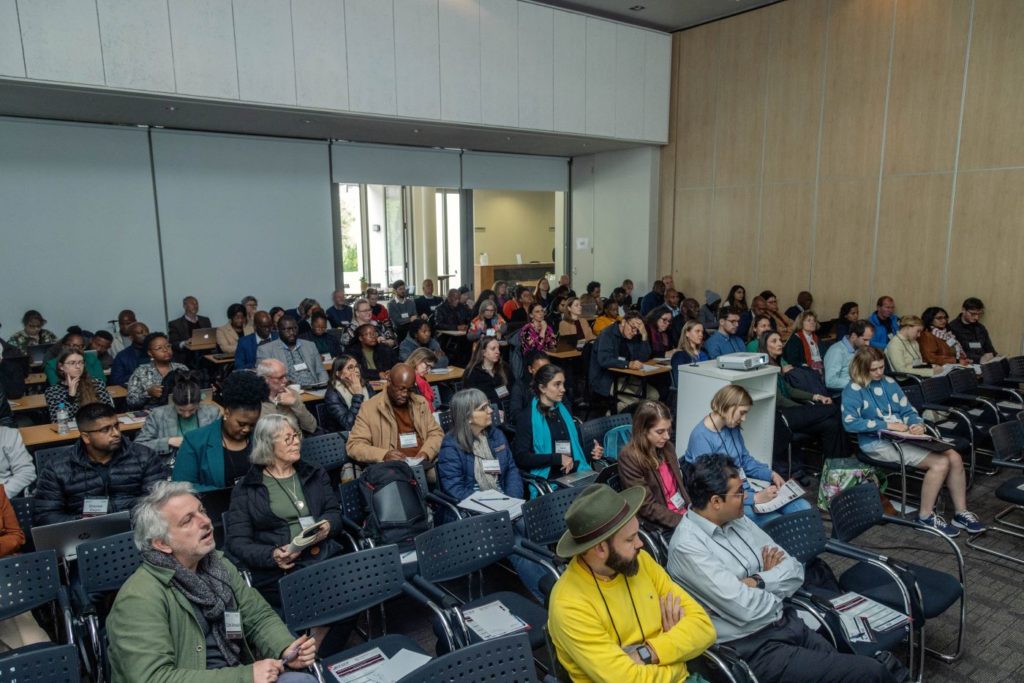
The evidence discussed in this brief confirms that learning losses in South Africa have been large. Covid-19 has disrupted South African education in significant ways, with enduring impacts for the system (including altered enrolment patterns) and for children’s development.

Events surrounding the COVID-19 pandemic threatened to undo 20 years of sustained expansion in access to early childhood care and education (ECCE) in South Africa. In this paper, we explore the underlying structural weaknesses in non-grade R ECCE provisioning that were exposed through the pandemic, and the strengths that have surfaced.
Using three different studies on early grade reading from no-fee schools across in South Africa, this paper establishes short-term learning losses in reading for grade 2 and 4 students from under-resourced school contexts. We find that in 2020 grade 2 students lost between 57 % and 70 % of a year of learning relative to their pre-pandemic peers.
To prevent children from falling behind in the developmental sequence of reading, a shared vision of what reading success looks like is required. This paper provides the first benchmarks for early grade oral reading fluency that are necessary (albeit not sufficient) to read for meaning in three Nguni languages – isiZulu, isiXhosa and Siswati – belonging to the Southern Bantu family of African languages.





